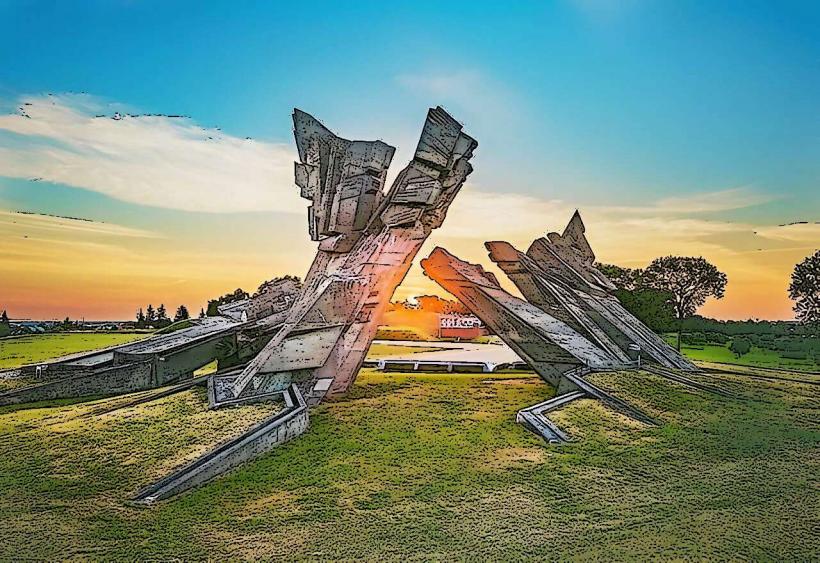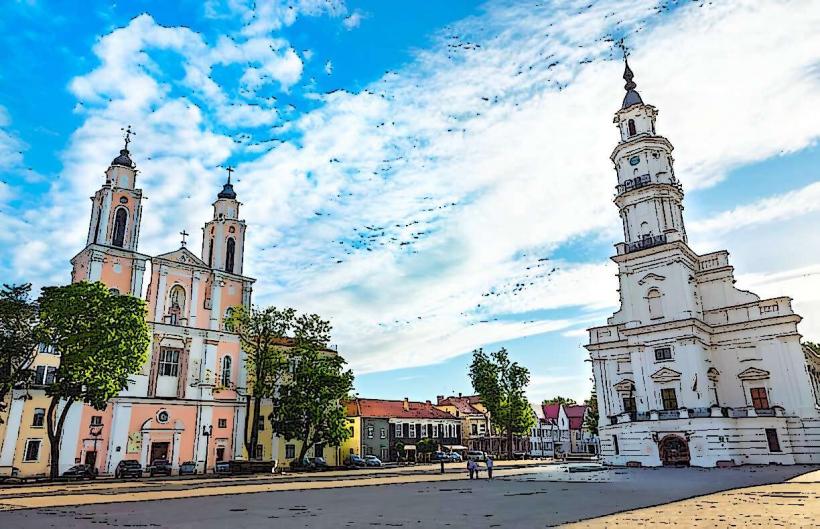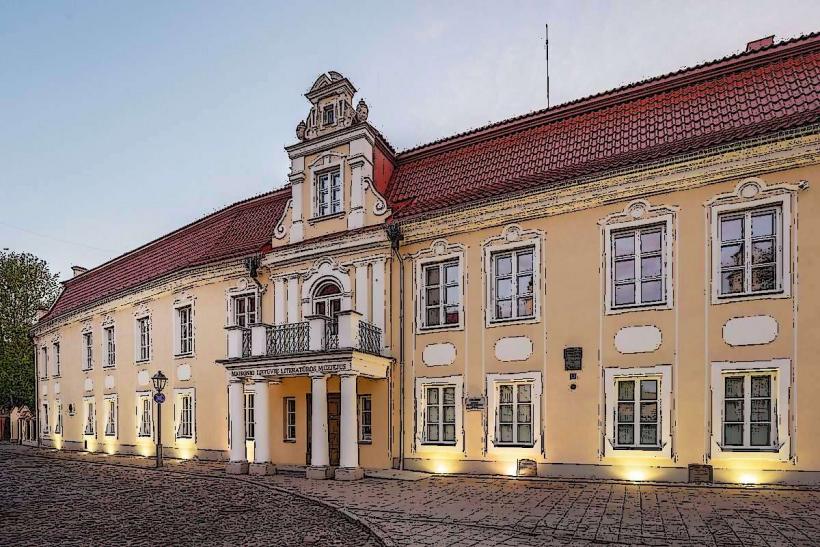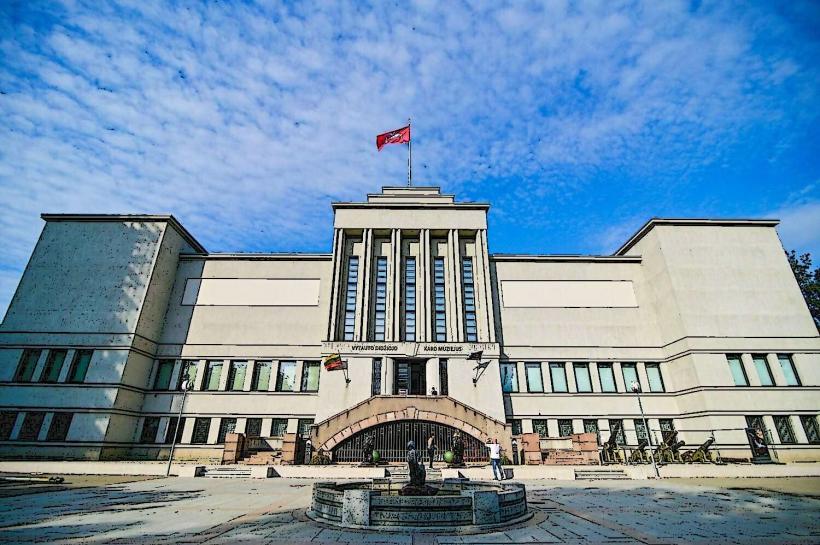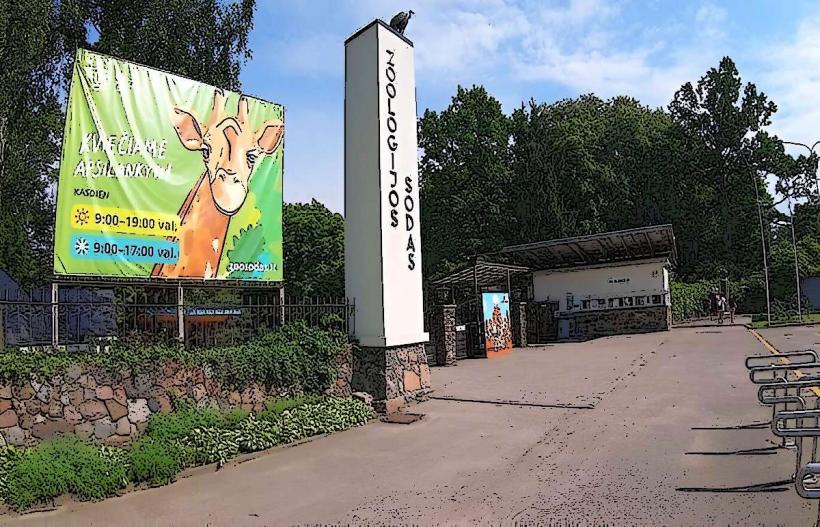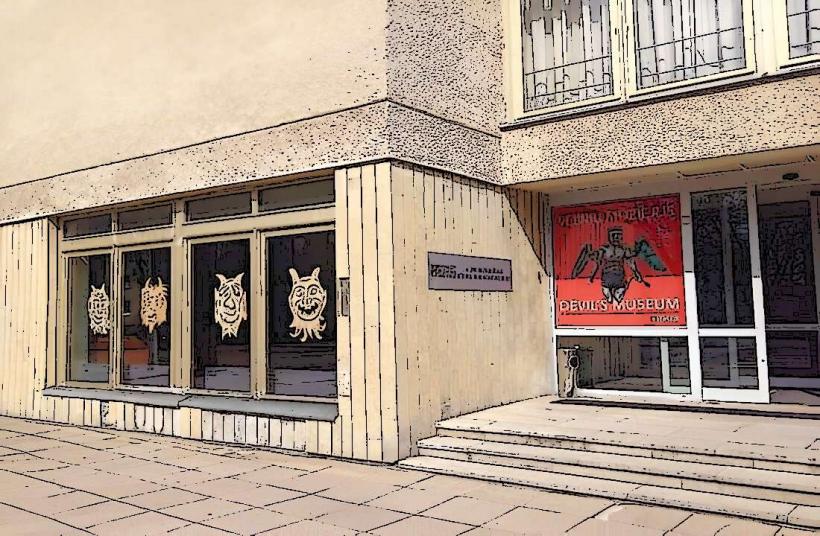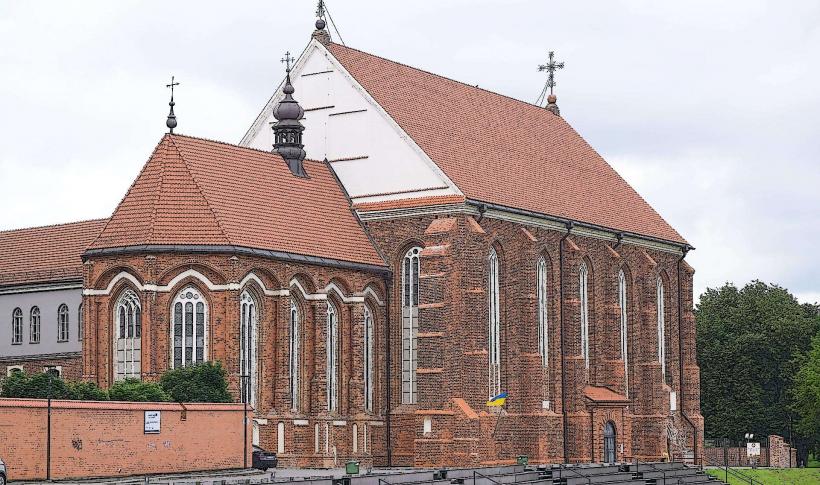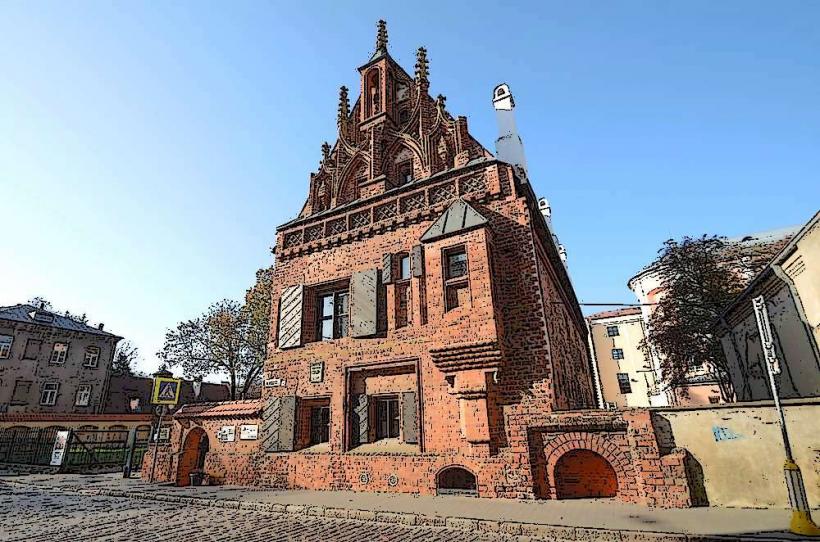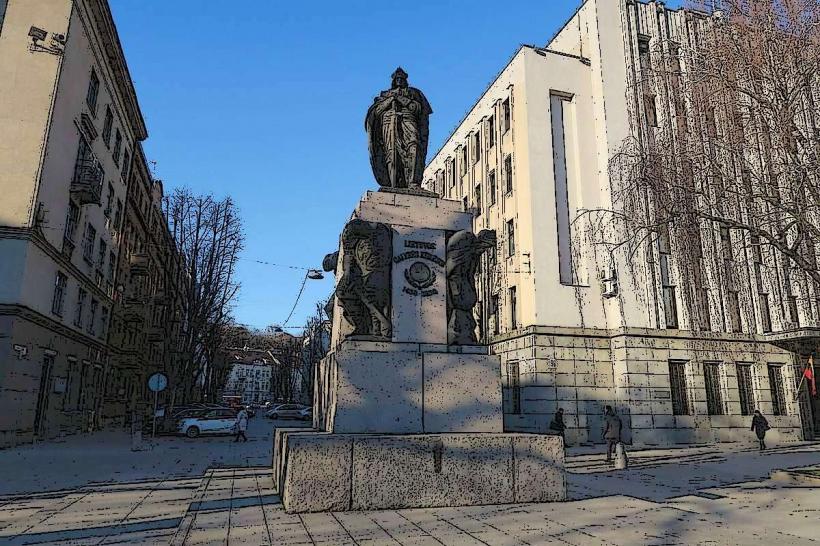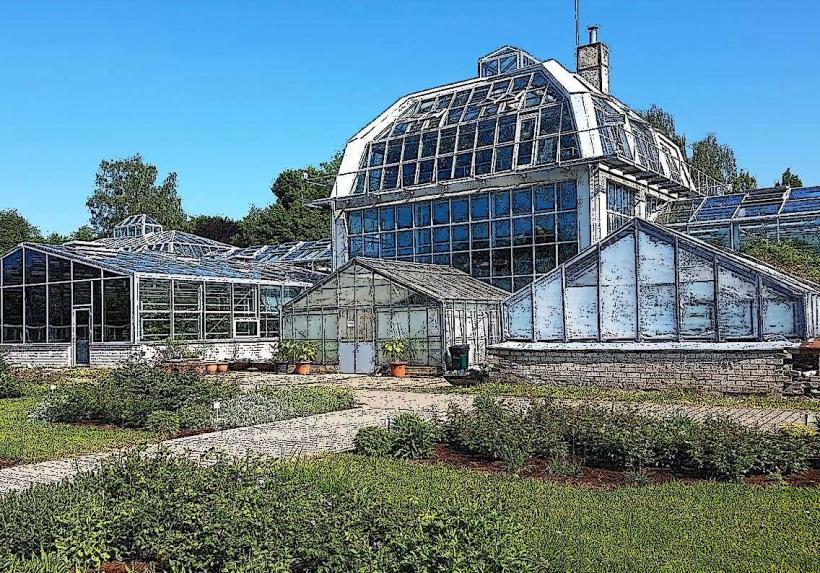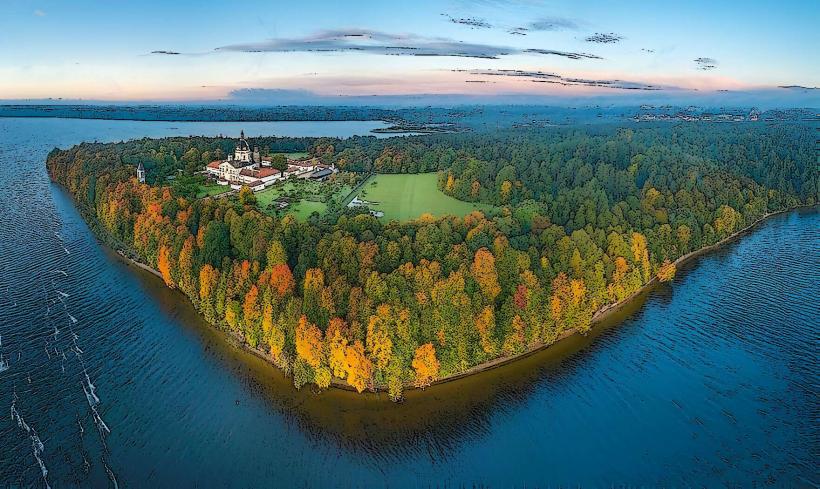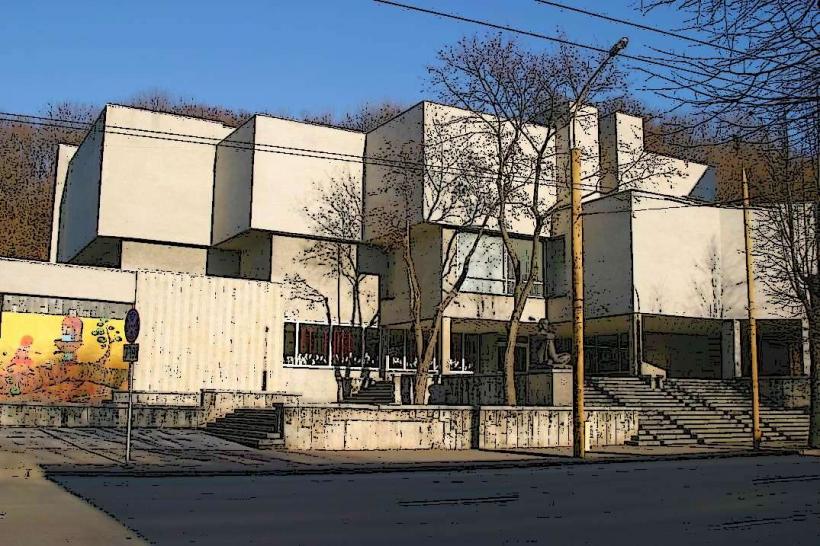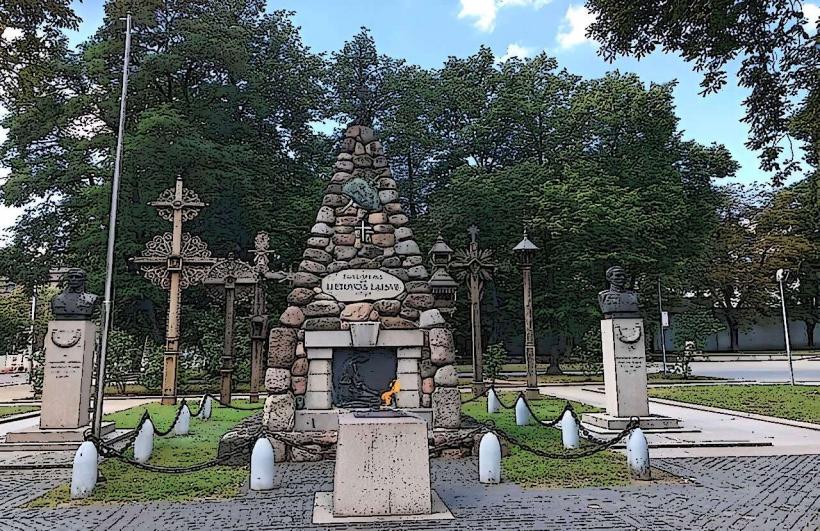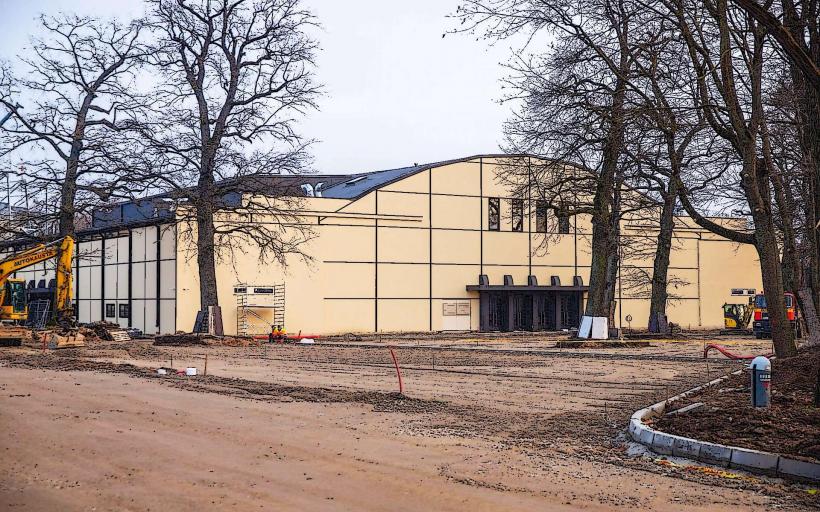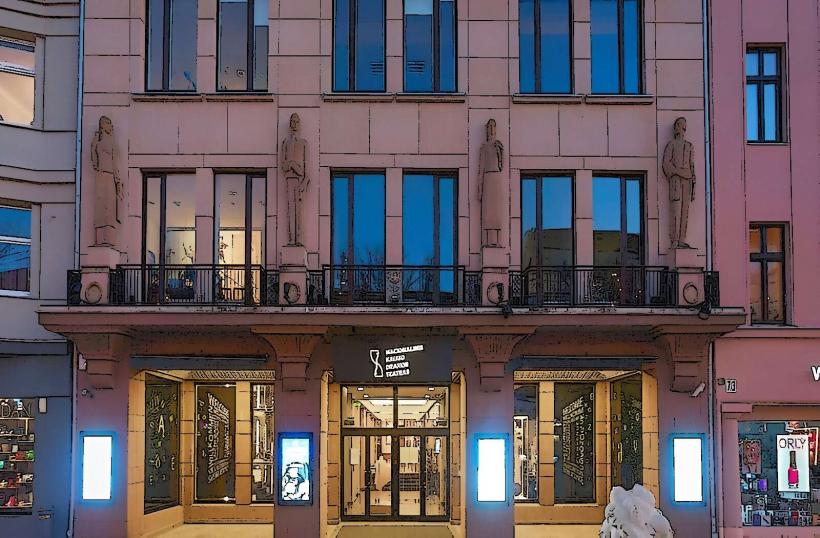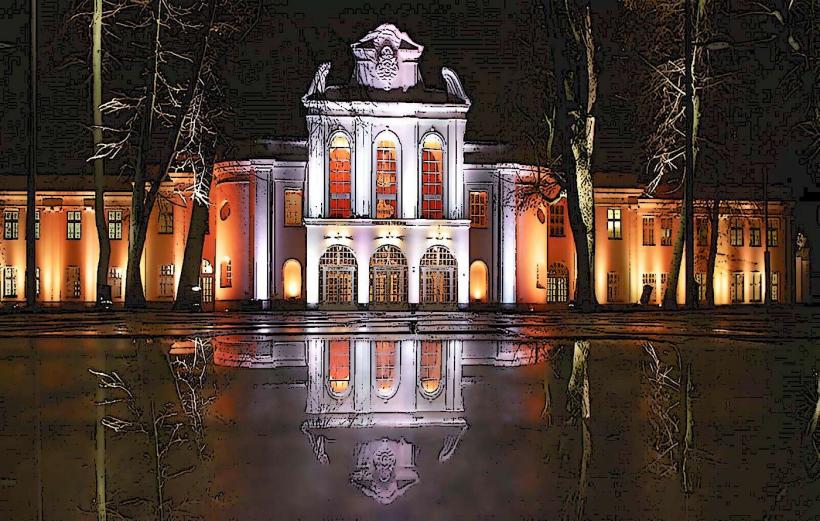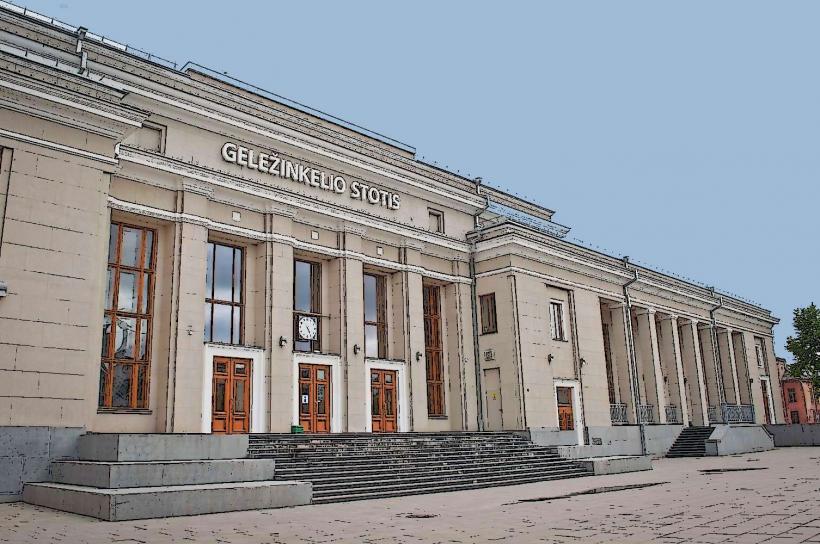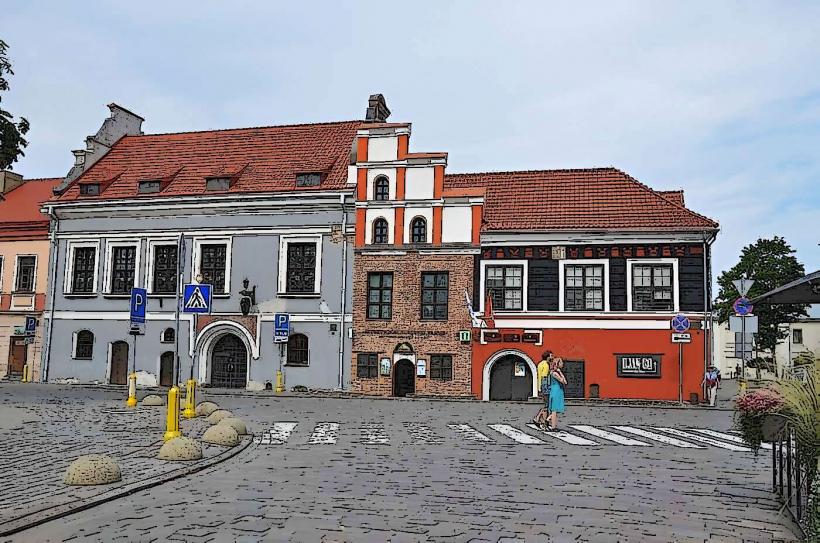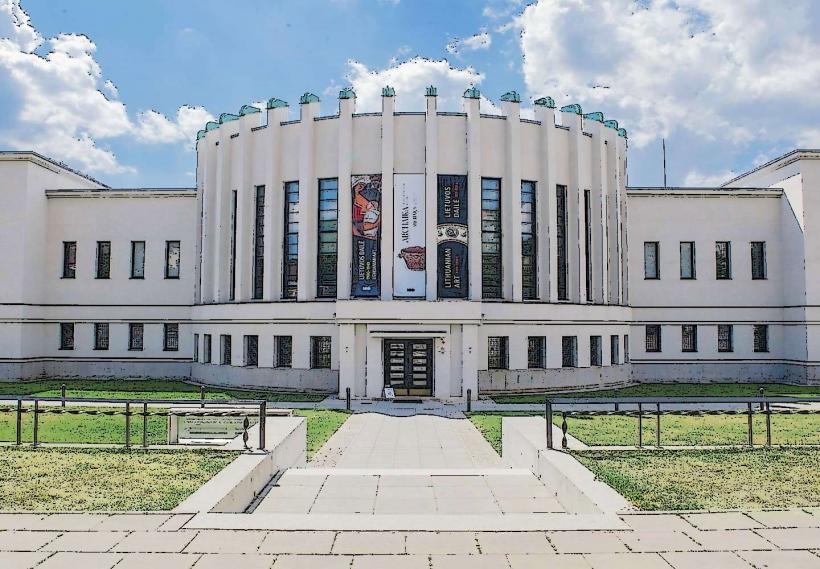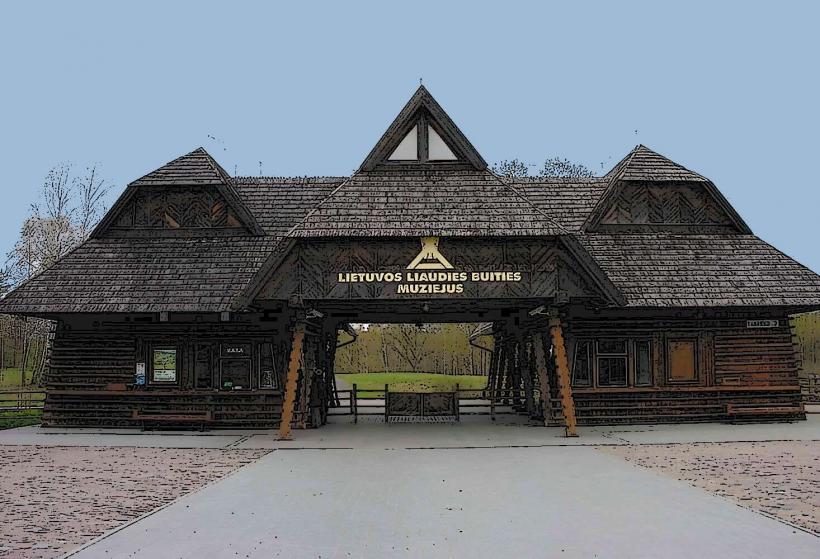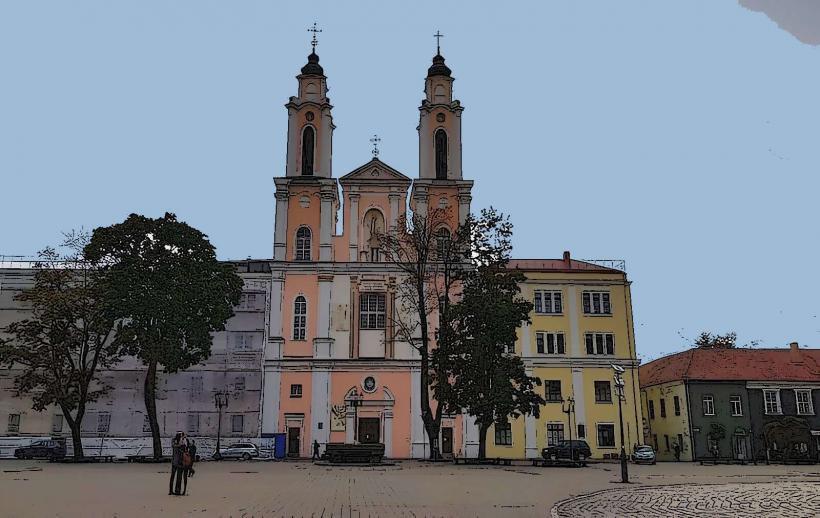Information
Landmark: Kaunas CastleCity: Kaunas
Country: Lithuania
Continent: Europe
Kaunas Castle, Kaunas, Lithuania, Europe
Kaunas Castle (Kauno pilis) is one of the most iconic landmarks in Kaunas, Lithuania, and serves as a symbol of the city's medieval history. Situated at the confluence of the Neris and Nemunas rivers, it is not only a key historical monument but also a popular tourist destination.
Historical Background:
Origin and Construction: Kaunas Castle was built in the 14th century, likely around the 1360s, by the Grand Duchy of Lithuania to serve as a fortress for the defense of the city. The castle was strategically positioned to guard the waterways, especially as Kaunas was an important trade and military hub during this period.
Medieval Role: Over time, the castle played a critical role in defending the area against invaders, including the Teutonic Knights. It also served as a residence for Lithuanian nobility and as a base for military campaigns. Kaunas Castle was involved in numerous military conflicts, particularly during the wars between the Lithuanian and Polish territories and foreign invaders.
Decline and Ruins: By the 17th century, after the series of wars, including the Swedish invasion, the castle began to deteriorate. In the following centuries, it was abandoned and fell into ruin. Over the years, parts of the castle were demolished, and much of the structure was lost to time.
Architecture:
Structure: Originally, Kaunas Castle was built in the form of a three-angled fort, with two defensive towers and a main castle building. The structure is constructed from red bricks, a typical material for medieval castles. The castle is arranged around a central courtyard and is surrounded by defensive walls and a moat, though much of these elements are not visible today due to reconstruction efforts.
Towers: The main tower, or keep, is the most recognizable part of the castle. Standing tall and visible from various parts of Kaunas, it served as the castle's watchtower and a place of refuge during sieges. The tower has been reconstructed and offers visitors a chance to climb to the top for panoramic views of the city and its rivers.
Reconstruction Efforts: In recent decades, Kaunas Castle has undergone extensive archaeological research and partial reconstruction. While the exterior and part of the keep have been restored, some areas still retain their ruins, giving a glimpse of the original medieval design. The ongoing work aims to preserve the castle’s historical significance while making it more accessible to visitors.
Present-Day Significance:
Cultural and Historical Importance: Today, Kaunas Castle is not only a testament to Lithuania's medieval past but also a center for cultural events. It serves as a venue for exhibitions, performances, and festivals, often related to Lithuanian history and heritage. It’s also a key tourist attraction, drawing both local visitors and international tourists.
Museum and Exhibitions: Inside the castle, you can find a small museum that offers insight into the history of the structure, Kaunas, and medieval Lithuania. Artifacts such as weapons, pottery, and pieces of old armor are displayed, showcasing the castle’s role as a military and cultural center. Temporary exhibitions often focus on the medieval period or Lithuanian history.
Educational and Cultural Events: Kaunas Castle hosts numerous cultural events, especially during the summer months. Medieval festivals, concerts, historical reenactments, and art exhibitions are often held in and around the castle, giving visitors the opportunity to experience the past in an interactive and immersive way.
Visitor Experience:
Views and Photography: The castle’s location along the rivers provides fantastic views of the surrounding area, especially from the top of the main tower. Visitors can enjoy scenic walks along the riverbanks or take a guided tour to learn more about the castle’s history and significance.
Access and Tours: The castle is accessible year-round, and guided tours are available for those interested in learning about its rich history. Tours often include access to the towers, walls, and even the restored parts of the interior.
Nearby Attractions:
The Confluence Park (Santakos Parkas): Kaunas Castle sits near Confluence Park, where the Neris and Nemunas rivers meet. The park offers a relaxing green space for visitors and is perfect for a leisurely walk after exploring the castle.
The Old Town: The castle is situated close to Kaunas Old Town, allowing visitors to easily explore nearby historical buildings, squares, and other cultural landmarks like the Town Hall, Vytautas the Great Church, and the Maironis Museum of Lithuanian Literature.
In Conclusion:
Kaunas Castle is a monumental piece of Lithuania’s history, representing both the city’s medieval past and its cultural resilience. The castle’s ongoing restoration ensures its continued presence as a key historical site, offering visitors a fascinating window into Lithuania’s rich and turbulent past.


